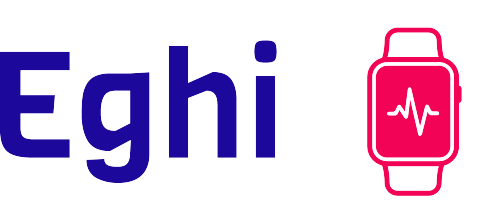Creating Wearables of the future
We are looking after conductive materials, fibers and fabrics. We search for contact and integration methods. We apply low power and high performance electronics. Everything we do is focussed on building innovative applications.
We support our customers to create innovate products by industrializing research results, from graphene and nano carbon tubes to micromechanical systems and edge computing, applied to personal protective equipement as well as to ambient assistent living environments.
Research
We cooperate with universities, institutes and partners from industry in research projects. Our goal is to create, identify and use new technologies that contribute to wearable products by industrialization of new materials, seamless integration of electronics into textiles, advanced embedded controller and edge computing devices.
Focus of our research activities is the implementation of textile based distributed systems as well as the development and integration of new conductive textile components.
Furthermore, we support research projects through building professional demonstrators and prototypes in the area of smart textiles.
Current and recent Research Projects
EGHI
enhanced good health intelligence for personal behavioural strategies in everyday life
02/2021 - 10/2024

Motivation
Although interest in and commitment to their own health is, on the whole, rising across the population, it is often difficult for individuals to implement appropriate measures in their daily lives. Existing products and services are currently often only used by people who already demonstrate good health behaviour.
Aim and approach
The aim of the project is to develop an AI-based, learning assistance system that supports healthy everyday behaviour. To this end, data from wearables and smartphones will be analysed in order to be able to make suggestions – based on situational analyses, behavioural models and a digital twin (virtual representation of a human) – to their users with regard to health-enhancing behaviour. The use of sensor-aided observation and modelling of situations and behavioural patterns is intended to create a wealth of experience between users and AI, which will then serve as a common level of communication between human and AI. Novel AI-based strategy modelling shall make use of a wide range of user data to provide individualised aids to decision-making as well as recommendations for application scenarios, such as healthy nutrition, exercise in everyday life and support in old age.
Innovations and prospects
The new assistance system will make it possible to provide personalised, adaptive behavioural recommendations that are related to people’s relevant experiences and are easy to implement.
Contribution by IAW
- Development of the overall system design (from sensor integration to sensor evaluation and processing in neural networks)
- Development and production of demonstrators for data acquisition
- Development of business models

BEautIful
Beautiful – Belastungsoptimierte Arbeitsgestaltung für Netzleitstellen kritischer Infrastruktur
01/2023 - 12/2025

For safe cross-sector control, more and more information is being collected in the control centers, which must be incorporated into targeted operation decisions. More and more digital technologies are being used to manage this rapidly growing complexity. This, in turn, increases the risk of cyber-attacks. The causes of critical network conditions are not only becoming more diverse, but the cascade potential is also increasing.
For this purpose, the current working conditions of control center personnel of a grid operator are first evaluated. Two control center simulators are developed for the ergonomic assessment of the physio-psychological states of control center personnel under different stress conditions
An interdisciplinary consortium is taking up the challenge of developing high-performance assistance systems for the increasingly complex monitoring and control tasks in the project "Beautiful – Belastungsoptimierte Arbeitsgestaltung für Netzleitstellen kritischer Infrastruktur". The assistance systems should support safe decisions in complex situations within the shortest possible time. Transparency and trust in these systems are to be supported via a standardized evaluation of the added value for control center dispatchers.
The project is being implemented by an interdisciplinary consortium and funded by the German Federal Ministry of Education and Research. Project partners are Avacon Netz GmbH, Bundesanstalt für Arbeitsschutz und Arbeitsmedizin, Ergoneers GmbH, Fraunhofer-Institut für Angewandte Informationstechnik FIT, Fraunhofer-Institut für Kommunikation, Informationsverarbeitung und Ergonomie FKIE, Humatects GmbH, IAEW der RWTH Aachen University, Interactive Wear AG, PSI Software AG and Visseiro GmbH. Associated partners are Schleswig-Holstein Netz AG and E.ON SE.
Interactive Wear will implement distributed wearable sensors and sensor fusion algorithms to measure physiological data of the dispatchers to determine cognitive load and mental fatigue.
.

Interested to join our Research Community?
Just write us an email and describe what you are intending to do. Let's find a way to turn your research into a real project.











